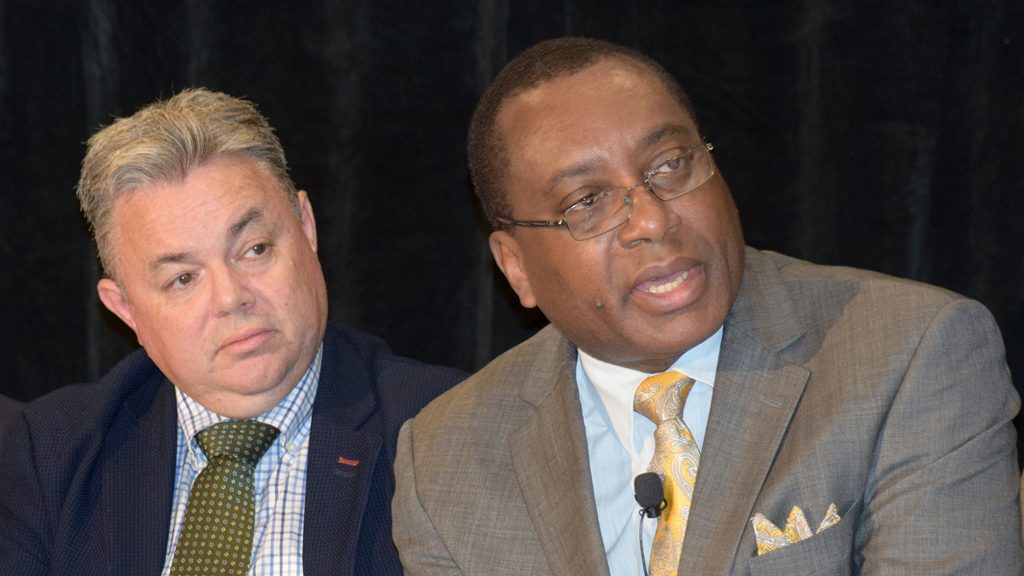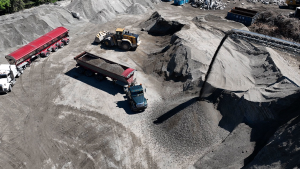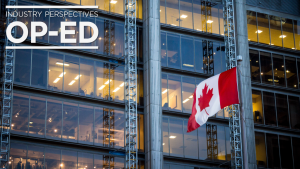An international cast of delegates attending a recent workshop hosted by the Chartered Institute of Building (CIOB) in Toronto made a convincing case that discussions of sustainability in the sector must include much broader elements than mere environmental mitigation.
The U.K.-based organization was given a Royal charter in 1980 which means it’s tasked with promoting the practice and science of construction for the public good. The CIOB members forum featured roundtable discussions with delegates divided by profession, followed by a panel discussion.
CIOB vice-president Charles Egbu, the dean of the School of the Built Environment and Architecture at London South Bank University, urged the delegates to define sustainability in broad terms.
“It is an important topic,” said Egbu, the panel moderator.
“Too often we spend much of our time talking about the environmental aspects of sustainability. That is important no doubt but there are huge areas of sustainability, and sustainability for me encapsulates the social dimensions of sustainability, the people aspects, the issue of culture, the issue of equity, the issue of pirating, and there is some element of what I call the value proposition.”
Delegates heard promoting broader sustainability could include such efforts as reducing waste in all facets of the supply chain, ensuring workers do not burn out by working too many hours enabled by smartphones, including SME subcontractors in sustainability outreach through educational programs, shifting project paperwork from paper to digitized forms — even ensuring leaders learn and use wider skill sets such as becoming better storytellers.
Steve Drury, a small contractor based in London, England, spoke on behalf of a group of delegates involved in procurement, saying they identified short-termism and fragmentation of the industry as enemies of efficient project management.
Inefficiencies happen, he said, “as you work down the supply chain. Processes get watered down, the initial contact at the top starts getting further and further away.”
Drury noted in the U.K. educational institutions now offer sustainability supply chain management programs, and in a similar initiative, 20,000 subcontractors have taken advantage of a free online course in sustainability supported by large firms to teach better practices.
Canadian Richard Lyall, president of the Residential Construction Council of Ontario and a CIOB panel member, explained in an interview avoiding waste can help constructors devote more resources to green building. His organization is working with the engineering department of the University of Toronto to “revolutionize” how complex buildings are constructed, he said.
“There is a lot of science and a lot of technology with that, and what we want to do is take it to a whole other new level,” Lyall explained. “It is completely paperless and that is as sustainable as you get, because we waste hundreds of thousands of dollars churning out copies of documents.
“We want to bring a whole pile of different technologies together like BIM, augmented reality, artificial intelligence, virtual reality and drone technology, and fundamentally change how we build buildings. And if we bring all of that together, that lends itself to sustainability.”
Another take came from David Philp, a U.K.-based BIM management specialist with Aecom who was also a panellist.
“When we talk about sustainability we’ve got to think beyond delivery,” said Philp. “We’ve got to think about whole life, and that brings different skills in terms of leadership. I think probably the biggest mindset we are seeing is going beyond that.
“The biggest thing is thinking about ourselves as service providers, and that brings in new skills. Number one, we have to become better at measuring how things perform, from a skills and sustainability point of view. We need to be better in terms of those who can measure, in terms of those who manage assets, in terms of investment planning.”
Panellist and Canadian construction scholar Reza Zohouri, a faculty member at Toronto’s School of Construction Management at George Brown College, also emphasized a human resources link to sustainability.
“Sure you can talk about materials and sure you can talk about methodologies but we were actually talking about human capital, the human side of sustainability,” he said. “How do we not overrun our human capital? It is actually by setting boundaries.”










Recent Comments
comments for this post are closed